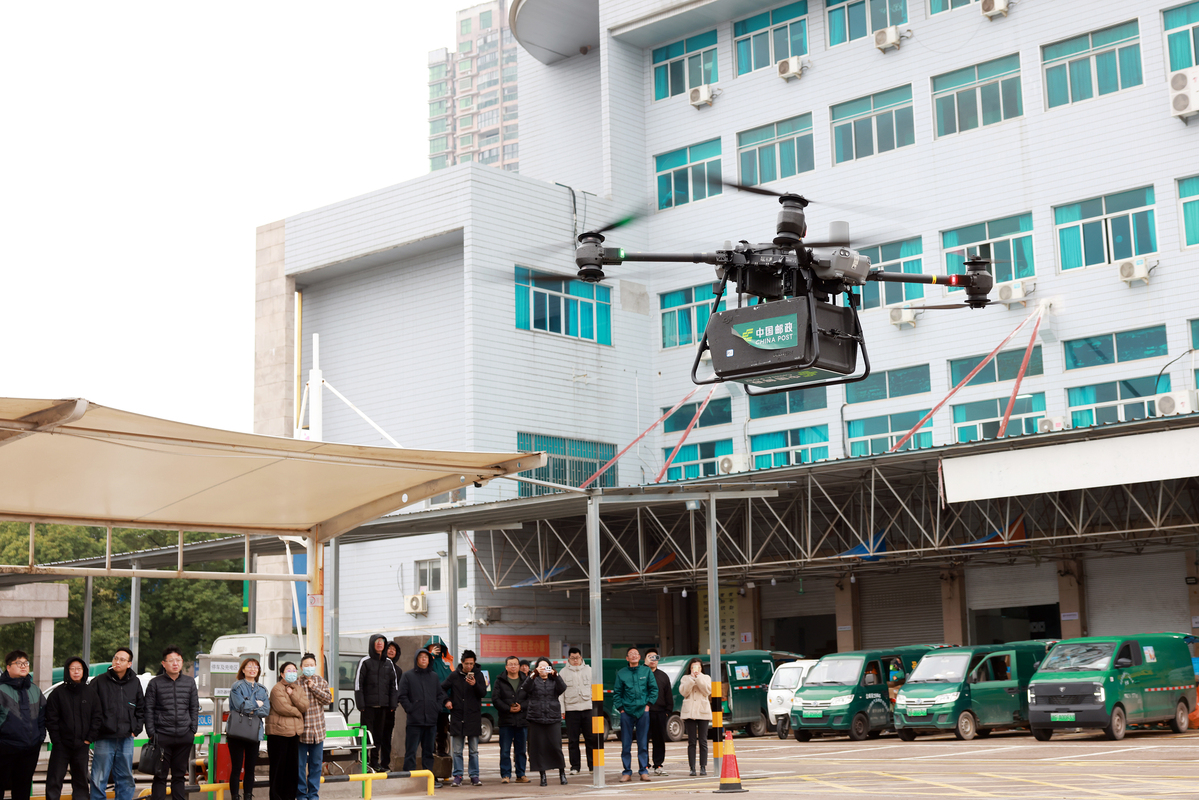Low-altitude economy on cusp of takeoff
Government Work Report says China will encourage industry players to carry out large-scale applications of new technologies, products and scenarios


By 2028, flying cars could enter the stage of small-scale commercial promotion, and by 2035, the products are forecast to gradually see widespread popularity, according to industry research and consulting institute iResearch.
Meanwhile, global competition in the low-altitude sector is intensifying. US billionaire Elon Musk's SpaceX-backed flying car company Alef Aeronautics completed flight tests of its products in urban environments in February.
Priced at $300,000 each, the flying car has received some 3,300 orders. Alef Aeronautics plans to start production in the fourth quarter of this year and subsequently make its first group of deliveries, according to the company.
Separately, Guangzhou-based eVTOL maker Ehang Holdings Ltd is the world's first eVTOL enterprise to go public, achieve commercialization as well as profits.
Last year, Ehang delivered 216 drones and achieved a record high sales revenue of 456 million yuan, or a 288.5 percent surge year-on-year, according to its annual report.
"With increasing policy support, the low-altitude sector is entering a phase of high-speed growth. With our own advantages, Ehang will actively seize the strategic opportunities emerging in this golden period of growth for the low-altitude economy," said He Tianxing, vice-president of Ehang Holdings.
"We will efficiently promote the applications of drones in different scenarios, and the building of an industrial ecology and innovation of business models," He said.


















